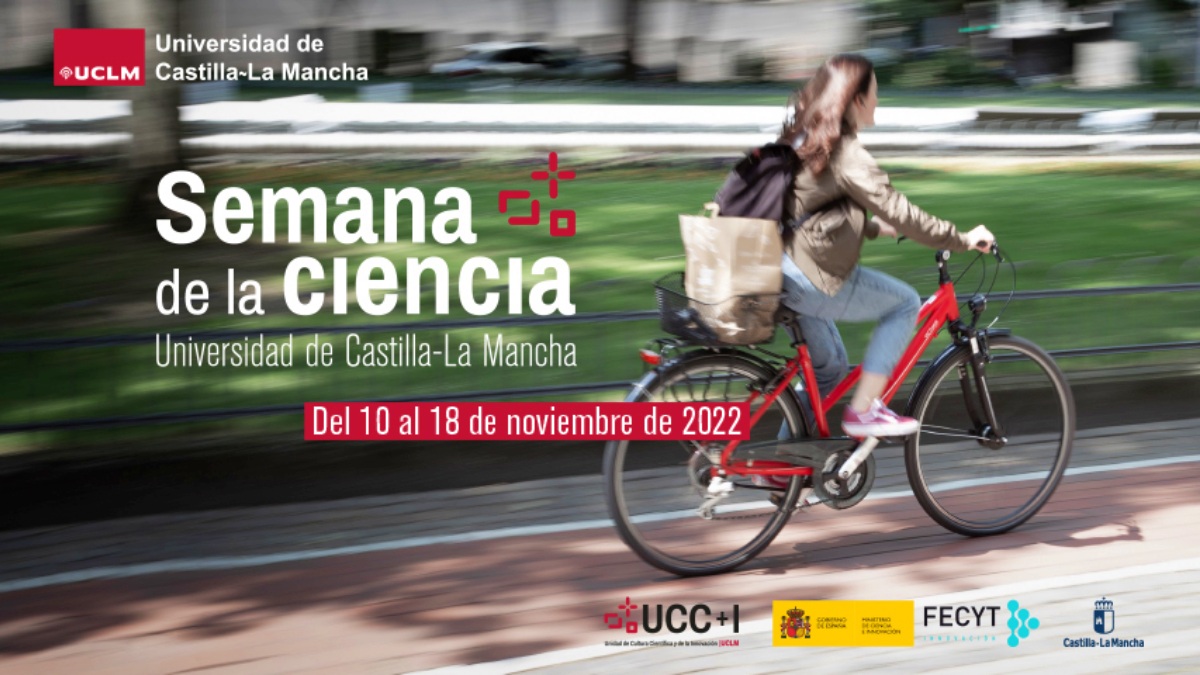MADRID, October 8 (EUROPA PRESS) –
Psychiatrists experts celebrate World Mental Health Day, which is commemorated this Sunday, after going unnoticed for many years, except for patients and professionals, but with the pandemic it has become a serious problem and has shown the importance of health mental.
For some professionals, such as the coordinator of the TCA unit of the San Carlos Clinical Hospital and vice president of the Spanish Society of Biological Psychiatry, Marina Díaz, “the pillars of good health are science and humanity”, for which she has asked to his colleagues in the profession to take into account scientific evidence and medical advances “but without losing sight of the closeness and humanity that helps reduce suffering.”
Experts point out that the pandemic has increased anxiety disorders, insecurity, irritability, distrust, etc., given what they have seen their demand multiplied, without forgetting that they were also close to those affected by COVID-19 and their families.
Another problem that psychiatrists and psychologists have experienced, they say, is that it has increased maturation problems in young people, “who have had to learn alone on the other side of the computer screen.”
“In our consultations there has been a significant increase in self-harm and impulsive behaviors associated with personality problems that need to be addressed,” explained the professor of Psychiatry at the Complutense University of Madrid (UCM) and president of the Society of Psychiatry of Madrid, Jose Luis Carrasco.
A mental health illness that has also grown during the pandemic is related to eating disorders. The experts specifically target young women who during confinement were exposed to dietary and exercise recommendations on a continuous basis and who lost their routines and interpersonal relationships with their peers, which resulted in facing their insecurity and vulnerability in form of eating disorders.
“Eating disorders have increased significantly and, in addition, they have done so in a more serious way, which can lead to significant organic repercussions,” said Marina Díaz.
Faced with these cases, and some more, Professor Jose Luis Carrasco, argues that now “the duty of psychiatrists is twofold: prevention and treatment.” Prevention, in his opinion, by raising awareness in society that one is vulnerable and that they must become stronger by accepting this and in terms of treatment because “it is time to banish ideological and demagogic discourses” that deny mental illness.





